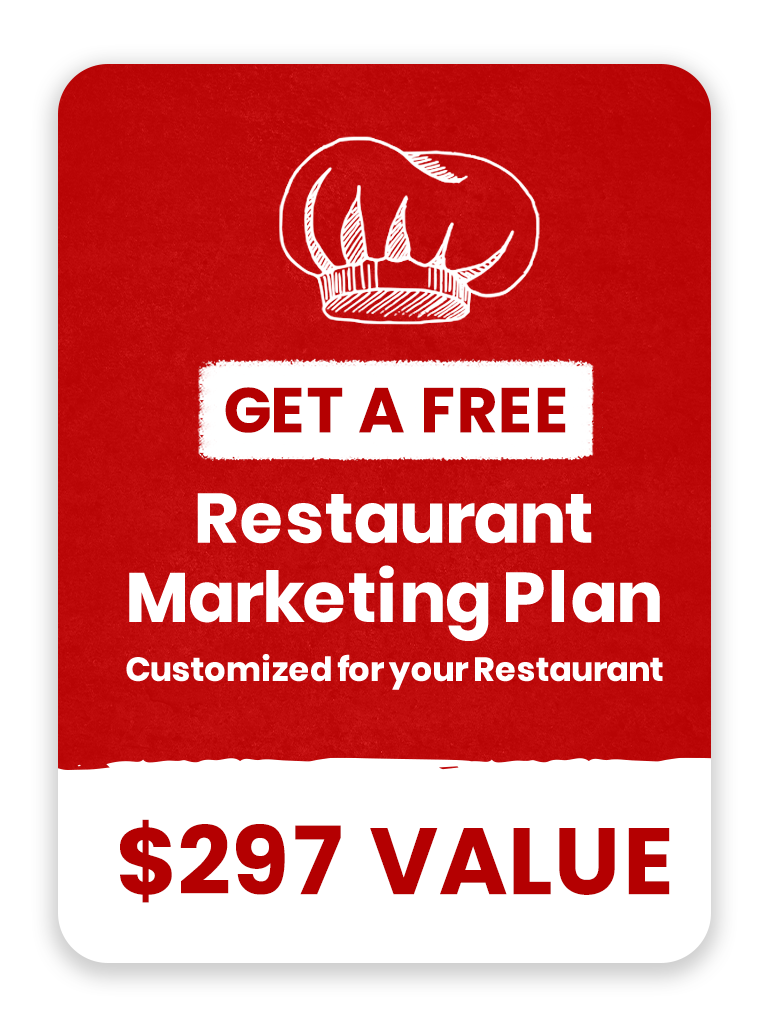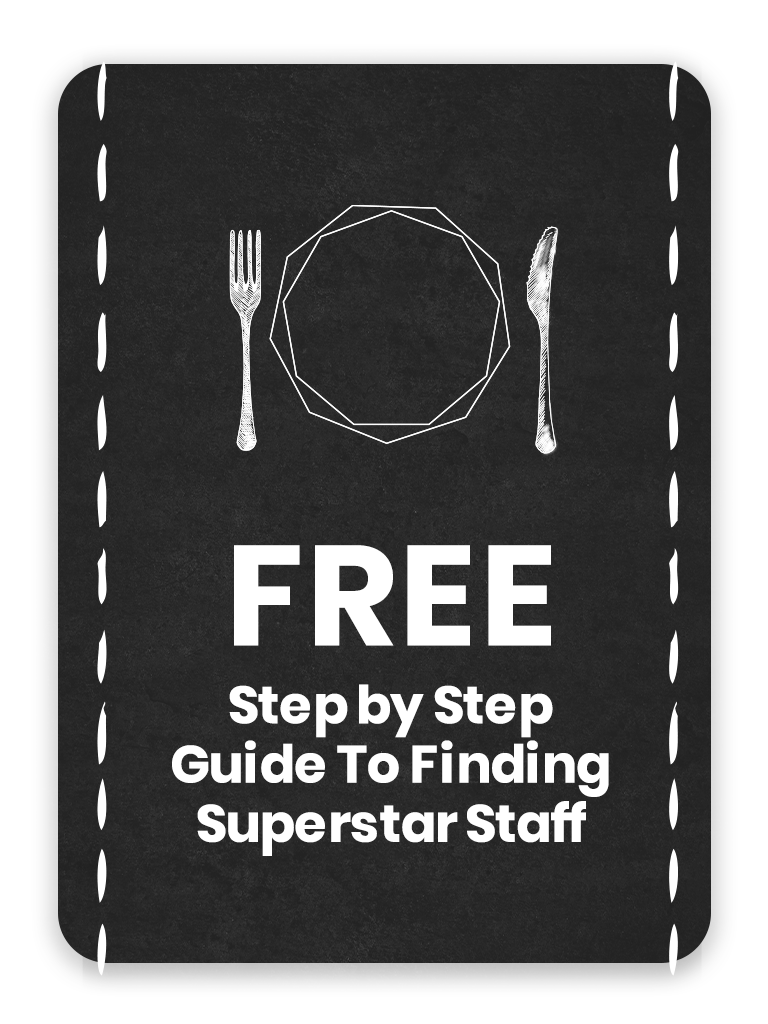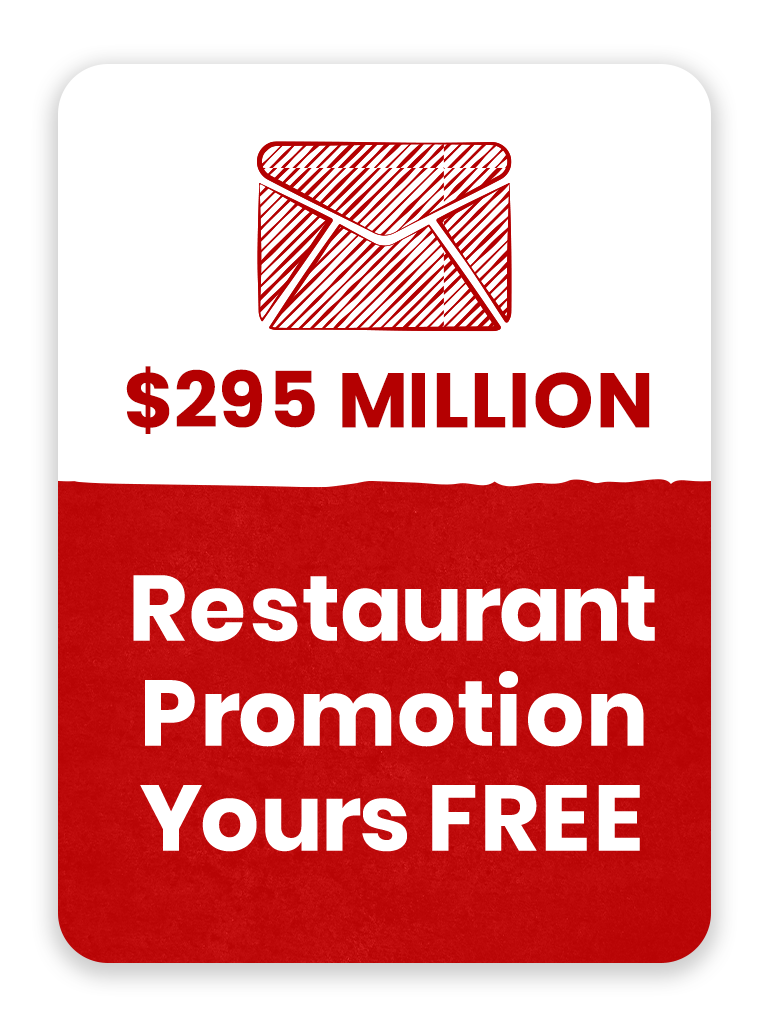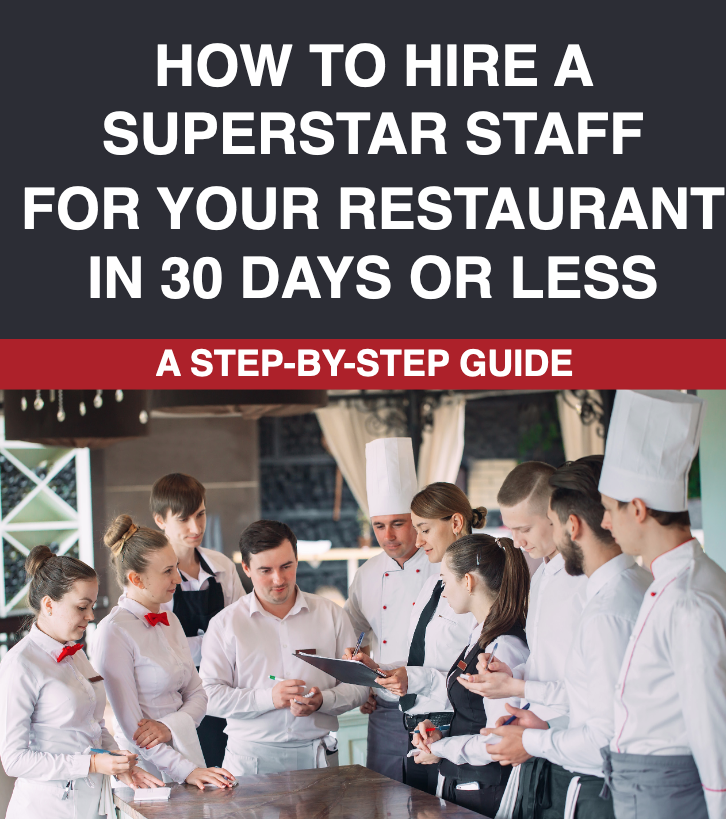What time are their hours?
Where are they located?
Do they provide a specific service you need?
How do you phone them?
What’s their menu? (If searching for a restaurant)
Your website is your business’s online home. Your calling card. Your online foundation.
It’s the first thing people will see when they search for you or your products on Google, Yahoo!, Bing, and other search engines. But what makes a website effective? How can it get you more business? Convince new customers to try you?
Many important components make up effective business websites, and there are two distinct audiences you need to consider when planning your site.
Your Potential Customers

In any marketing, you need to keep your target audience in mind. There are two main groups of people visiting your site.
- Existing loyal customers who already know they want to do business with you and want the answers they need to solve their problem. Usually, they want to be able to give you money easily (i.e., buy something.)
- New potential customers who have never been to you before, but were recommended, saw your reviews, or heard about you and are curious. They want validation that you are a great choice.
Ease Of Use
A well-designed website can be an effective marketing tool for your business. It’s important to make sure your website looks professional and is easy to navigate. Visitors should be able to find what they are looking for quickly and easily. If they can’t, they will likely leave your site and go somewhere else.
When existing customers come to the site, it is usually because they are ready to use your services, book an appointment, place an order, etc. Whatever it is, make the process simple. As soon as they get to the site, there needs to be an easy-to-see call to action. Don’t make it difficult to give you money!
“Place Your Online Order Here”
“Click Here To Book An Appointment Now”
This also means that your site needs to be responsive and mobile-friendly so that it looks great and navigates well on both a computer and a smartphone. Most of your site visitors use mobile devices to research you, so your site has to be user-friendly on both platforms.
Don’t be lured by new web features and the latest and greatest bells and whistles. Often those new tools slow a website down, make it harder to navigate, and frustrate the end-user. A study by digital marketing company Akamai found that 88.5% of web users will leave your page if load times are too slow.
As with so many things in life, this is another area where you’ll have the best success when you keep it simple.
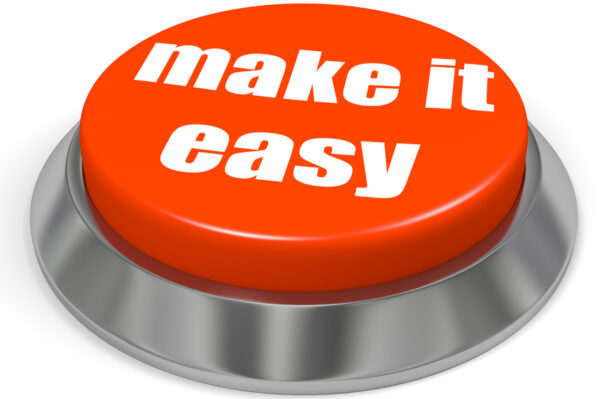
Important Basic Features
Then, start thinking about the basics of most websites: a home page, contact information, product or service pages, an about us page, testimonials, and great pictures. Let’s take a closer look at each of the components of a great website.
Home Page
Your home page is the first thing people see when they visit your website. For new potential customers coming to your site, this is their first opportunity to get a feel for your business. It’s important to make a good first impression by including your personality, culture, and good photos highlighting the best of your business.
Here’s a PRO-TIP: Don’t use pictures of an empty business, especially a dining room. Include happy customers and employees interacting in your business.
Highlight the most important information on the home page. You should include your company name and logo (keep it small, no one comes to look at your logo), contact information, your call-to-action, a brief description of your business, your unique selling proposition, and some of your featured products or services.
Contact Information
Customers have to be able to easily find relevant information on your website. Nothing is more frustrating than getting to a site and digging around to find a phone number or directions to the business’s location.
Essential contact information includes your address, phone number, email address, and social media links. Make sure this information is easy to find and prominently displayed on all website pages.
Product Or Service Pages
Your website should include detailed information about the products or services you offer. This includes descriptions, photos, and any other pertinent information. Be sure to keep these pages updated with the latest information.
More importantly, the products and services content needs to be crawlable. It needs to be read by search engine software that runs through sites picking up keywords. This is how the search engines decide how you will appear in the search rankings and when you will be an option provided based on people’s search terms.
I’ve got more information in a previous blog that will help you perform a quick audit on your current site to see where you need to make improvements.
About You Page
Your About Us page is the place to create a connection with your customers and build trust with your customers by providing them with background information about your business and you.
People may be interested in who you are and what you contribute to the community. This gives you an advantage over the chains and corporate stores. Here you can include who you and your key team members are, what inspired you to start your company, why you do what you do (your mission), your connection with the community, how long it has been open, etc.
Pictures you include here can be more personal in nature and include your family or you interacting with customers.
Testimonials and Recognition
Your website is a perfect place to toot your own horn. If you’ve received any accolades or awards, special recognition, this is where you want to show them. You’ll also want to include a variety of testimonials and positive reviews from your customers.
What others have to say about you is far more valuable and believable than what you have to say about yourself. These add a preponderance of proof that you are as great as you know you are.
Layout and Design

Once you know what you will include on your site, it’s time to decide how it will look. You likely have a consistent theme of colors or style based on your current marketing and logo. This can continue with your web design.
Consideration needs to be given to how it is laid out, however. Reading online is different than reading on a printed page. People have short attention spans and tend to scan for the relevant information they are looking for. Your copy needs to be in short paragraphs (2-3 sentences) and provide a lot of white space. Subheadings draw people’s eyes to the right subject matter for more detail.
Make Sure It’s Accurate
Cater To The Search Engines

As we mentioned, the copy needs to be crawlable so that the search engines can catalog information about your business. When potential customers search “Italian restaurant in your town” or “best auto repair in your town”, the content housed on your page is what will help your rank highly in the search results.
Knowing what keywords people use to find you is a benefit so that you can use those in your content to ensure you appear in their searches. Think about the many ways someone might look for a business like yours if they don’t know you specifically and use those words to boost your rankings.
The Keys To An Effective Business Website
Your web presence is your home base. It’s the one place on the internet where you have complete control over what is said and shown about your business. Use it to encourage existing loyal customers to return again, spend more money, and confirm to new customers that you are the right choice to give their business to.
This is a general outline of what makes up a great website. If you would like a FREE personalized, in-depth evaluation of your website by one of our DFY Website professionals, click the button below, and we will:
- Evaluate your current website for search engine optimization
- Test your website for readability and understanding
- Determine if your website is converting potential new customers
- Analyze how your reviews and Google business listing affect your website
- Is your website helping or hurting you make sales?
- And much more
(Because of the amount of work that goes into each website review, we can only do 5 per week, so if you’re interested, please schedule now.)


Michael Thibault
Known as “The Done For You Marketing Guy for Restaurants.” International Speaker on Restaurant Marketing. Published contributing author of 4 Marketing Books. Industry expert on Google Searches and Review Sites. Recovering Independent Restaurant Owner and Caterer of over 21 years. And, all-around good guy.

